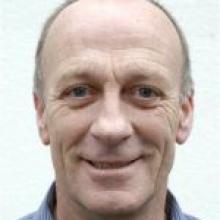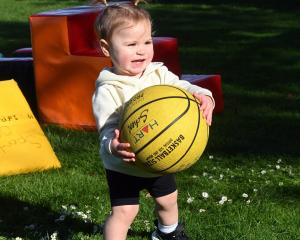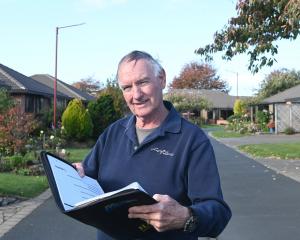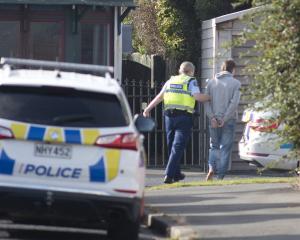
Otago Southland Cancer Society division chief executive Mike Kernaghan said the programme was a response to a request from oncologists who recognised that some patients needed help with rebuilding their lives after cancer treatment .
About 1400 people were diagnosed with cancer in Otago and Southland each year and about 900 of those would go on to have a good quality of life for at least five years after their treatment finished.
Publicity about the pilot had already drawn interest from long-term cancer survivors saying they would have appreciated such a programme.
As well as helping people reintegrate into the community the programme was also designed to help them stay healthy.
He understood the programme, which involved collaboration between organisations involved in the health sector, was a first within New Zealand.
The programme will begin with a seminar for 10 already-identified Dunedin cancer patients from four general practices, who have recently completed treatment for a variety of cancers. It will outline support services available addressing such areas as nutrition, exercise, sexuality and relationships and spirituality.
The participants will later discuss which programmes might interest them.
Mr Kernaghan said they would be offered three free workshops or sessions in each of the areas they thought would benefit them.
At this stage it was difficult to say what the cost of the programme would be. The proceeds of this week's cancer society ball, expected to be between $20,000 and $30,000 had been earmarked for the pilot.
He could see the need for such a programme growing as treatments became more effective and more people lived longer after a cancer diagnosis.
Ways of delivering the programme in rural areas, where some services would be less easily accessed, would be one of the challenges for developing the programme.
But rising to such challenges was "what we're here for".
The pilot will be evaluated by the cancer society social and behavioural research unit at the University of Otago.
Breast cancer survivor Dr Sue Walthert, who has been developing the programme for the cancer society, said patients talked about falling into "a big hole as they struggle to get back on their feet".
The programme was designed to be a bridge over that hole.
The fact that oncologists had come to the society to develop the programme recognised the huge amount of trust between the profession and the society, something that was " very special", she said.












